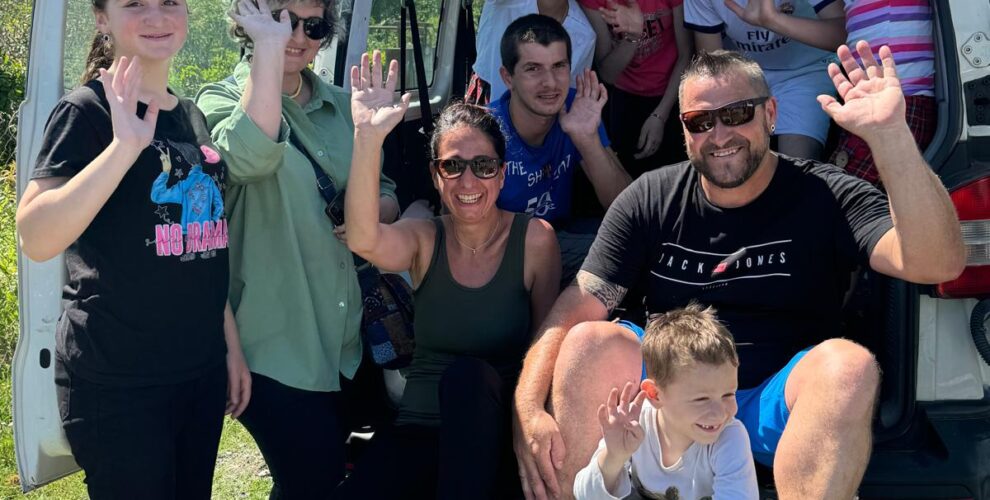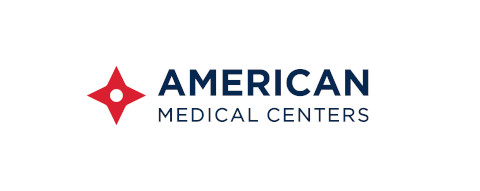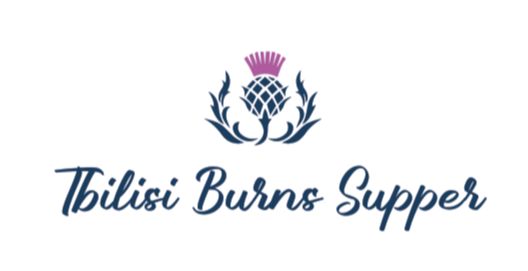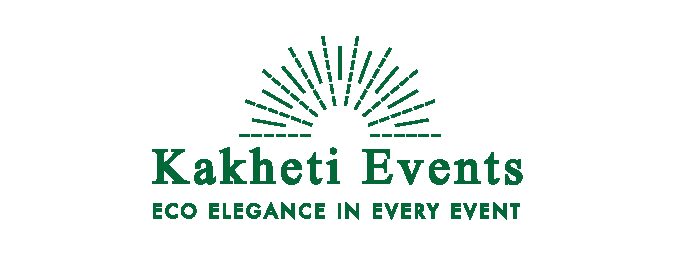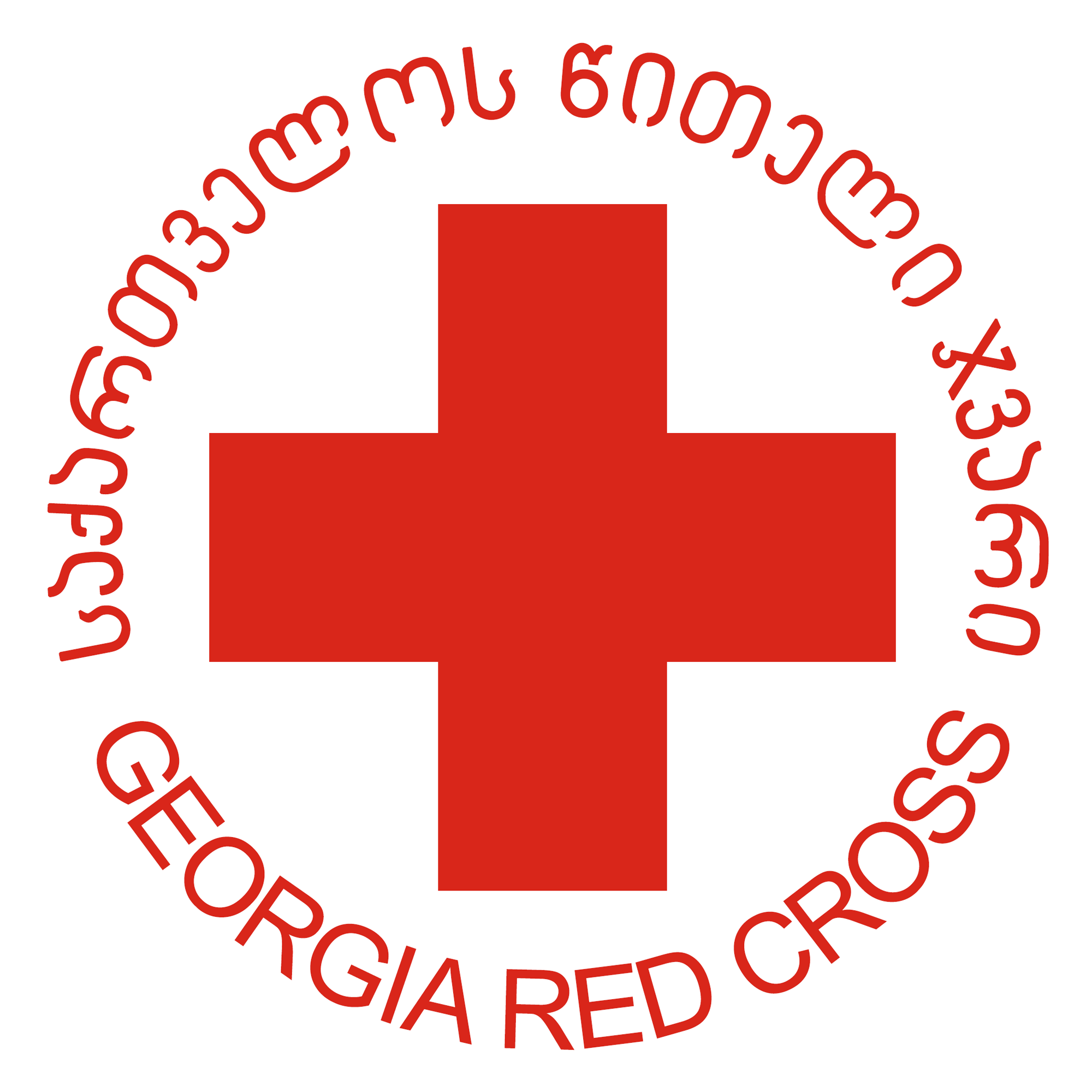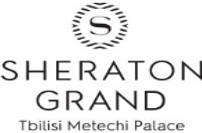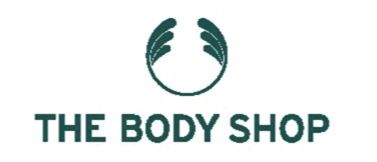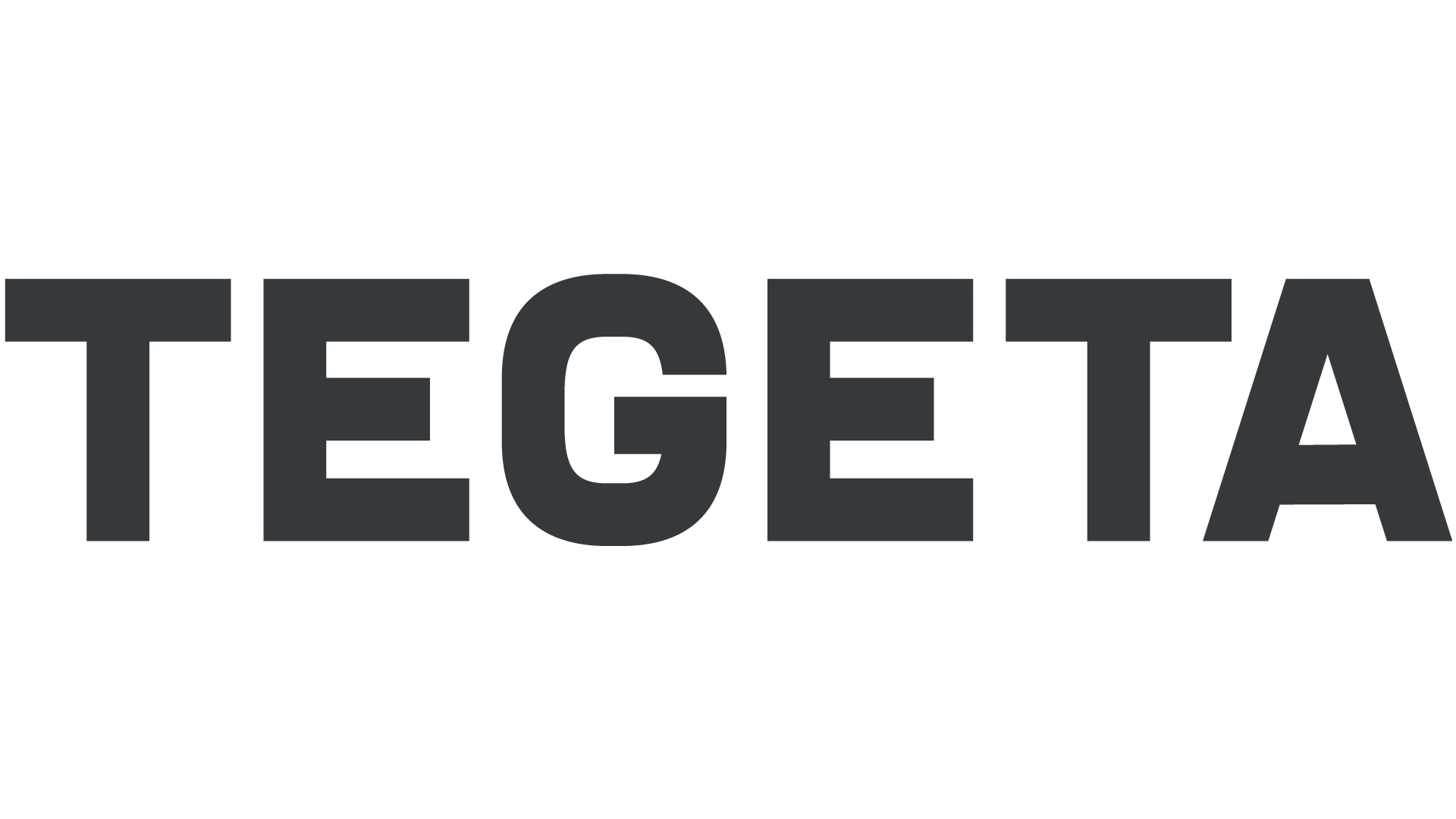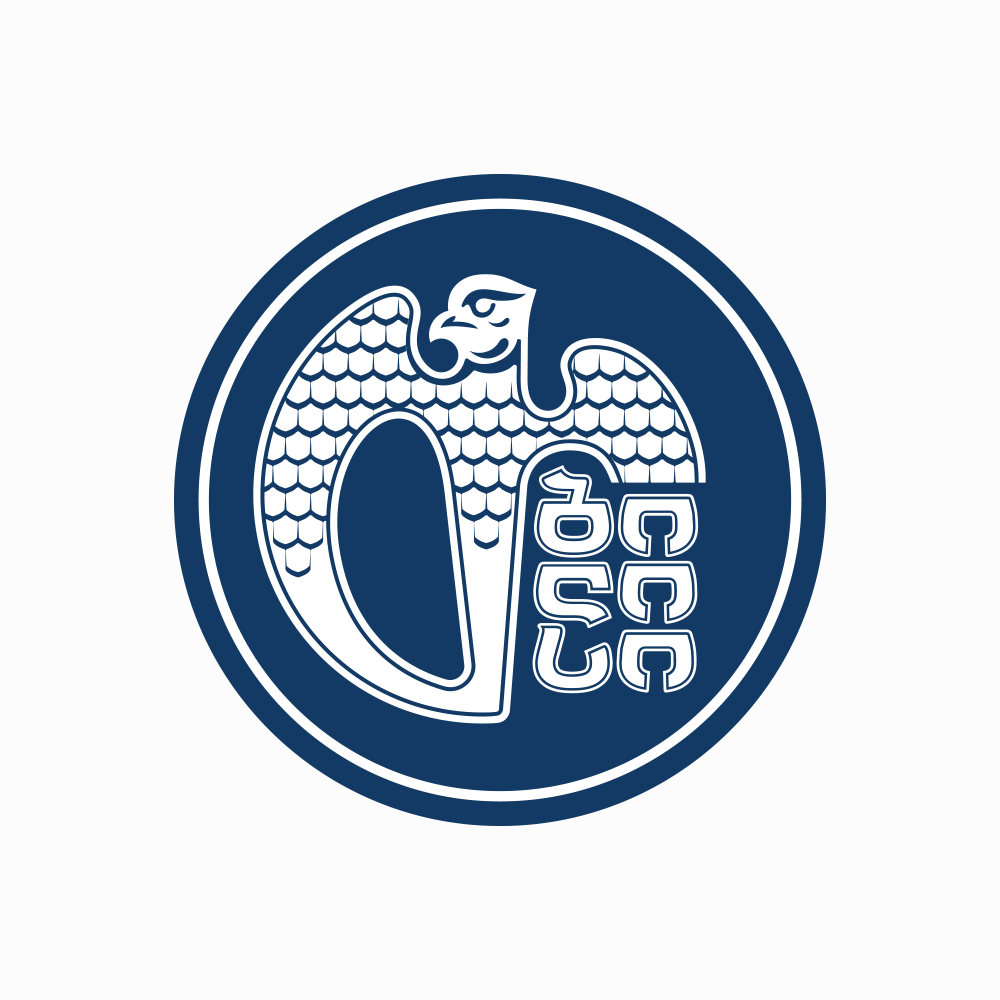IWA has evolved since its formation in 1996, and its level of organization has allowed for the execution of an ambitious charity project to support Toliskuri, an Education and Development Center for children with disabilities in Khobi. Everything began in 2022 when Mette Hartzell, the wife of the former EU Ambassador and a co-chair at CPC at that time, ordered dry fruits from Chirige, the Social Enterprise run by the Center.
After the first mission to Georgia of Eva Wakalopulos, an officer from the Vorarlberg Police Department, to cooperate with the National Police, she was eager to donate resources to a specific cause in the Country. That’s one of the reasons why Sara Kemecsei, our Fundraising Chair, made the necessary adjustments to allow donors to choose specific projects to support.
With the determined support of the 2022 IWA Board, especially our founder Nana Dvali, then-president Johanna Muehlmann and CPC Chair Margret Schmidt, all kinds of administrative challenges have been overcome to support the Toliskuri ambitious projects that Eva decided to help. This includes the purchase of a house so that the Center could provide services to more than 50 children with disabilities from seven villages and the donation of 13,000 euros for physical treatment equipment and other needed items required to make the new house accessible to the children.
Now, in the first week of June, our Austrian partners donated a VW minibus, adapted for transporting wheelchairs, to allow the Toliskuri Center to pick up and return the children from their homes. Eva and her friend Roland Stemer brought the minibus from Vorarlberg, Austria, to Khobi, Georgia, in early June. Their trip took six days and covered 3,529 km, spanning eight countries on two continents.
During their stay in Tbilisi, Eva and Roland joined us at the GBM, where they shared with the Grapevine all the details of their exciting journey:
Kelly Chaib: Eva, Could you share a bit about your role in the Austrian Police and the operation that initially brought you to Georgia?
Eva Wakalopulos: I have been working for the Austrian police for 25 years, primarily in my province’s Criminal Investigation Department (CID). Austria has nine provinces, and I am based in Vorarlberg, the westernmost one, where I am responsible for property and organized crime. We coordinate with the relevant country authorities when dealing with international crime groups. In this specific case, we were tracking four men involved in burglaries. DNA evidence led us to the suspects, and this necessitated our visit to Georgia to conduct interrogations and house searches.
KC: What motivated you to support the Education and Development Centre “Toliskuri” in Khobi – Georgia?
EW: We stay in contact with the Austrian police attaché in Georgia, who serves as our liaison. During our mission, he hosted a dinner at his residence which Margaret was invited. It was at that dinner that I learned about IWA and its charity activities. Margaret shared her passion for the cause, and I could see the enthusiasm in her eyes. Her story resonated with me deeply, much like someone teasing a cobra—it was truly touching. Feeling inspired, I offered to help and mentioned that I could support from my province. Subsequently, IWA presented me with four projects to choose from, including the project in Khobi.
KC: How did you movilize the Vorarlberg Police Department?
EW: After my mission, I came back to Georgia with some friends, and IWA took me to see the project in Khobi. I met the children at the Toliskuri center and visited their families. With their stories and pictures, we designed the initiative “The Police from Vorarlberg and Their Families and Friends,” and created presentations and a homepage (https://projekt-georgien.weebly.com/) to share with people in Austria. This allowed us to show the faces and names of those who would benefit from the donations, making fundraising more personal and effective.
I could use the internal police email system to spread the word about the project. We shared the homepage with all the police officers in my province. During several official meetings, I was allowed to give presentations about the fundraising efforts. Additionally, when friends of mine had significant birthday parties, they requested their guests to give donations to the project instead of gifts. Just at one such event, we raised around 3,000 euros.
KC: How did you come up with the idea of adapting a wheelchair-accessible minibus and transporting it from Vorarlberg, Austria, to Khobi, Georgia?
EW: While monitoring the adaptations of the house in Khobi, Margaret showed me a list of needed items. At the top of the list was a car for the children. She mentioned that IWA didn’t have the means to support the purchase of cars or loans directly. So, I decided to see if I could find a solution in my area.
My initial thought was to get a car with a ramp, like an ambulance, but those are in high demand and consequently very expensive. A friend suggested looking for a big car and then making the ramp ourselves.
Roland had inquired about acquiring a car for our cause. Luckily, his friend’s workplace was refurbishing its vehicles, and the company owner generously donated one of the used minibuses. Then, I sought advice from the police mechanic, who, along with his metalworker friend, helped to repair the car and install the ramp.
With these generous individuals’ support, we secured a minibus and equipped it with a ramp, ensuring it was ready to help the children. This collaboration and the kindness of strangers were crucial in making the whole project successful.
KC: Roland, why you decide to accompany Eva on this adventure?
Roland Stemer: She showed me the pictures and told me the children’s and their families’ stories. Her excitement and enthusiasm about the project were contagious. As a result, I decided to support the cause. Additionally, I looked forward to the adventure on the road and the chance to witness the incredible country and people that Eva was engaged with.
KC: Can you describe the journey taking the minibus here?
EW: We arrived on the sixth day of our journey, having booked everything in advance to ensure we always had a clear destination. The longest leg of our trip was about 730 kilometers, and the shortest was around 400 kilometers. Our first stop was near Zagreb in Croatia, followed by a stop near Niš in Serbia, and then a little before Istanbul in Turkey. In Turkey, we spent a total of three nights.
RS: In Bulgaria, we had a breakdown. The car’s alternator gave out, signaling that the battery was losing charge. We debated whether to push through to Turkey and seek help there or to stop earlier since we were close to the border. Ultimately, we decided to stop in Bulgaria, since there we still have the EU services. We found a service area on the highway with a petrol station, turned off the engine, and tried to restart it, but it was completely dead.
We called the Austrian insurance that provides assistance abroad. Within 30 minutes, a tow truck arrived, picked us up, and took us to a workshop. Despite the language barrier, we managed to communicate and get the help we needed. About four hours later, we were back on the road.
KC: Can you share any memorable moments during the journey?
RS: The whole trip was fascinating, with diverse landscapes and unique experiences at every stop. Each part of the journey brought its own memorable moments, making it hard to pinpoint just one highlight. It was all a big adventure.
KC: What lessons have you learned from this experience?
EW: I can explain the two main reasons why I’m so committed to this project with Margret. First, the hospitality and warmth of the country and its people. In some cases we can learn a thing or two from them.
Second, thanks to IWA and Margaret, I have confidence that every euro we collect in Austria goes directly to the people in need. No middleman is taking a cut. I feel safe doing this because I vouch for the project in my province with my name and face. It’s important to me that I can guarantee to my friends and colleagues that their donations reach the intended place.
KC: Eva, are you planning to continue supporting Toliskuri Center or maybe other IWA projects?
EW: In October, we will come back to follow-up on the project, because I want to show all the people who contributed how their money is being used. Many people are interested in coming with me to Georgia, and I’m not sure how I’ll manage it all, but I will make it work. We will visit the house, update our homepage, and show everyone what has been accomplished with their support, and we’ll see what happens next.


